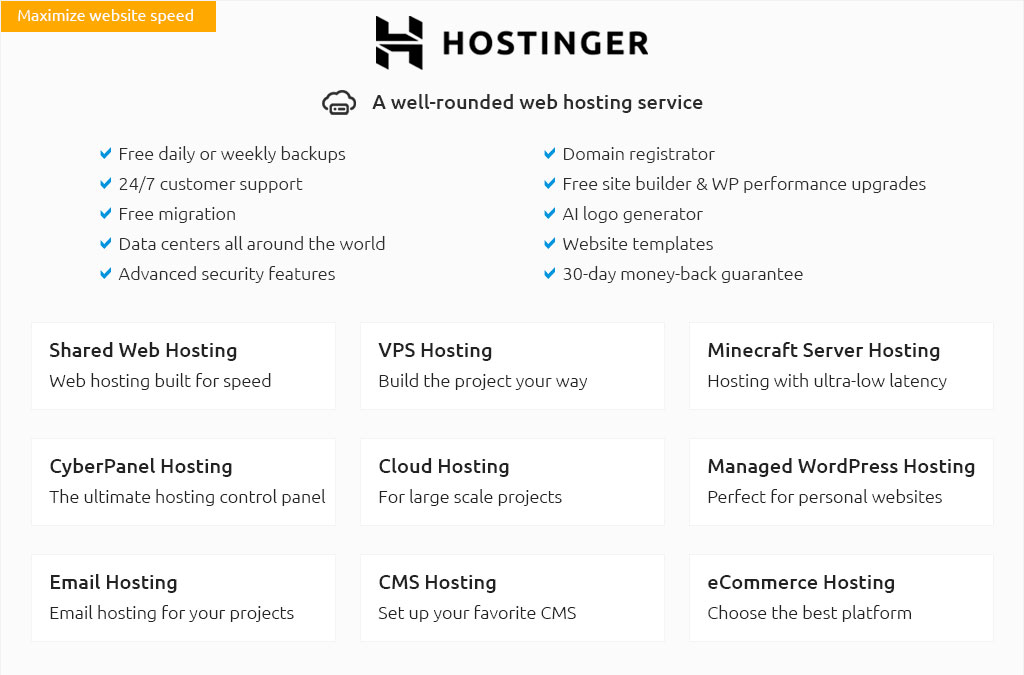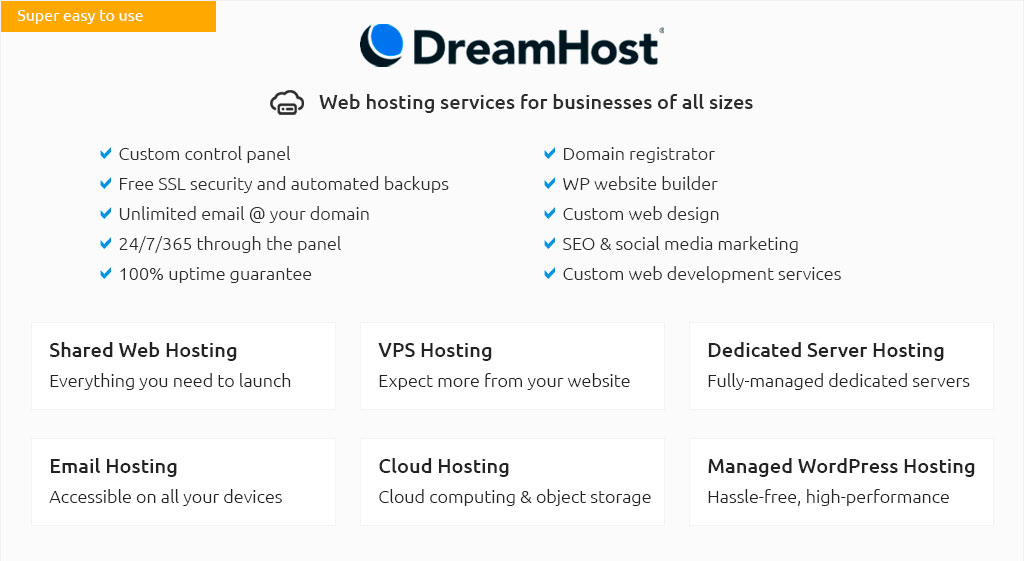 |
|||
 |
 |
 |
|
 |
|
 |
 |
 |
|||
 |
|||
 |
|||
 |
|||
 |
|||
 |
|||
 |
 |
Understanding the Essentials of Web Hosting: A Comprehensive GuideIn today's digital age, web hosting has become an indispensable part of establishing an online presence. It might sound technical, but at its core, web hosting is simply the service that allows individuals and organizations to make their website accessible via the World Wide Web. The concept of web hosting, while straightforward, encompasses a range of considerations that can significantly impact the performance and success of your website. This article delves into the key aspects of web hosting, offering insights and best practices for choosing the right service. First and foremost, it's crucial to understand the different types of web hosting available.
When selecting a web hosting provider, certain features and criteria should be prioritized to ensure optimal performance. Reliability and uptime are paramount; a reliable host guarantees that your website is accessible around the clock, minimizing potential revenue loss from downtime. Look for hosts with uptime guarantees of 99.9% or higher. Additionally, consider customer support; 24/7 support can be invaluable, especially if you're not technically savvy. Good hosts offer multiple support channels, including chat, email, and phone support. Security is another critical aspect. The internet is rife with cyber threats, and a secure hosting provider will offer robust security measures such as SSL certificates, regular backups, and firewalls. Some hosts even provide advanced options like DDoS protection and malware scanning. Furthermore, scalability is crucial if you anticipate growth. Your hosting provider should offer easy upgrades to accommodate increased traffic, ensuring your site remains performant as your audience expands. Finally, we can't overlook the importance of cost. While it's tempting to opt for the cheapest option, remember that web hosting is an investment in your online presence. Balance affordability with the features and reliability you require. Many providers offer introductory pricing that increases upon renewal, so be sure to understand the long-term costs involved. In conclusion, web hosting is a foundational element of your digital strategy. By understanding the different types of hosting and evaluating potential providers based on reliability, support, security, scalability, and cost, you can make an informed decision that aligns with your needs and goals. Remember, a good web host is like a strong foundation-it supports and enhances everything you build on top of it. https://www.godaddy.com/hosting/web-hosting
From personal sites to high-performance sites, get hosting you can trust ... Free 24/7 support ... Enhanced web security ... http://www.webhostinghub.com/
Web Hosting Hub is one of the best WordPress Hosts on the web. Their support is top notch and always there when you have a question. https://www.siteground.com/
Leverage two decades of expertise with our robust website hosting, managed WordPress and e-commerce solutions tailored to your online success.
|